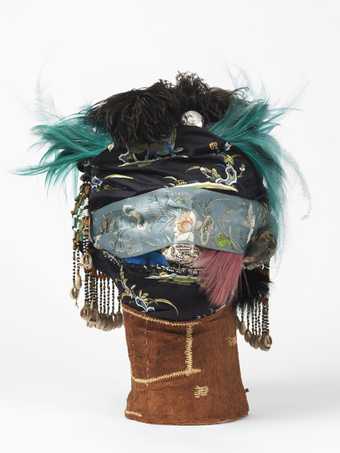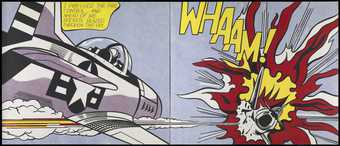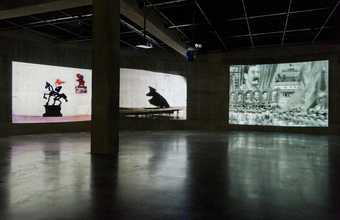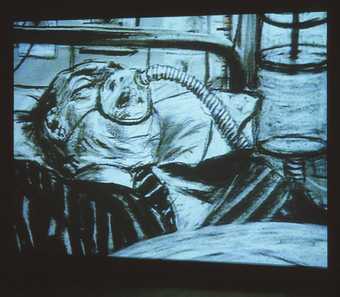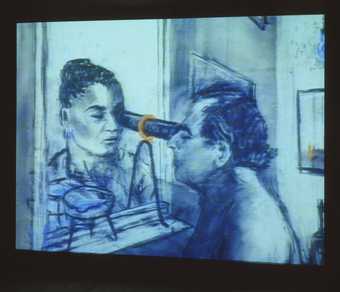
William Kentridge
Felix in Exile
(1994)
Tate
The history of animation dates back to early Chinese shadow lanterns and the optical toys of the eighteenth century, but it was not until the beginning of the twentieth century that illustrators like Émile Cohl began drawing cartoon strips on to celluloid. The most famous animator was Walt Disney, best known for his cartoon feature films like Fantasia and The Jungle Book, and whom Salvador Dalí believed to be the heir to surrealism.
Computer animation began in the 1960s and is animation’s digital successor. Using software programs like Adobe Flash, animators build up sequences on a computer to be used as special effects in film, called Computer Generated Imagery (CGI), or as animated sequences in their own right. Computer animation has distinct advantages for artists: it is cheap to make, fast, and the artist is able to control every aspect of the process unlike the vagaries of shooting film which cannot be viewed until developed. Sites like YouTube and MySpace have become forums for computer animation, bypassing the traditional galleries and museums as the spaces for artistic enterprise.


